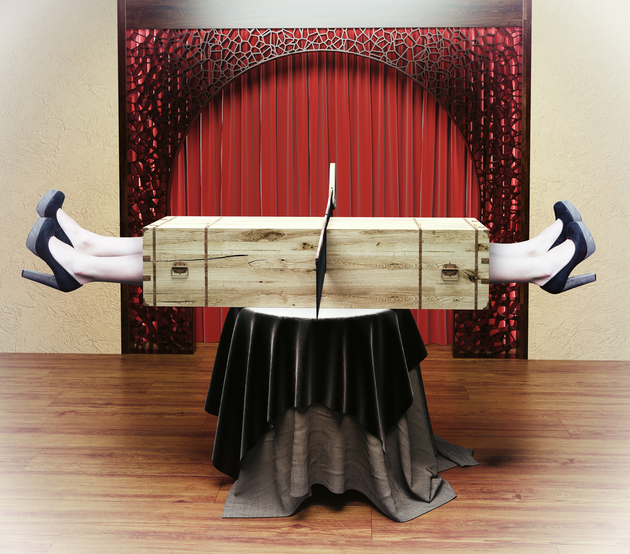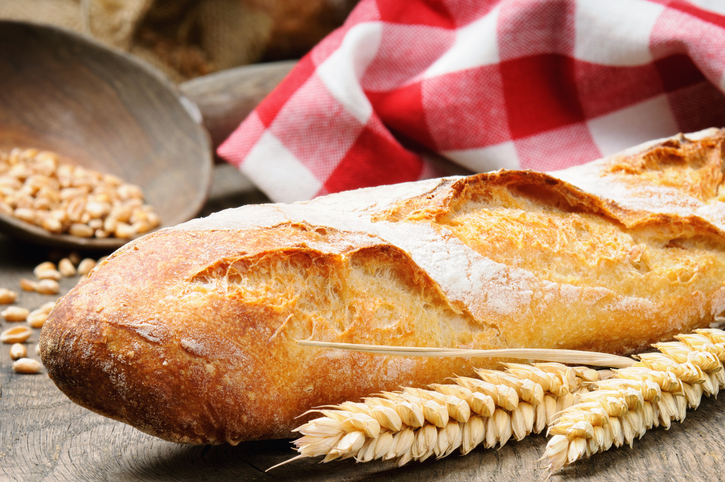gimmick
(noun, verb)
/ˈgɪmɪk/
 LISTEN
LISTEN


Magic tricks often rely on gimmicks.
A gimmick is an ingenious or novel device or scheme designed to attract attention. It is also a concealed aspect or feature of a plan or deal. A gimmick is also a hidden mechanical device by which a magician works a trick or a gambler controls a game of chance. In US English, gimmick can also be used as a verb, often followed by up, meaning ‘to embellish with unnecessary features.’
Example sentences
- The marketing company is trying to come up with a gimmick to promote the new product.
- This deal seems too good to be true; there must be a gimmick somewhere.
- This trick is performed using a gimmick.
- The young man gimmicked up his car with a spoiler and racing stripes.
In pop culture
Have you ever wondered how magic tricks are done? Here is a video showing you how to use gimmicks to perform some tricks:
Did you know?
Nowadays, gimmicks are common in advertising and marketing products. They are often special design features that will make a product stand out from the competition, packaging with residual value (for example, a colorful cookie tin that can be reused), and add-on gifts. One example we’ve all probably fallen prey to at some time of our lives is the free prize that can be found in many sugary cereals marketed for kids, who may even be more interested in the toy than the cereal itself. Another, less well-known gimmick used by cereal makers to target kids can be found on the package: the eyes of animated characters on the box are always drawn looking down, in other words, looking down from the supermarket shelf to catch the eyes of the kids as they shop with their parents.
Other forms
gimmicker (noun), gimmickry (noun), gimmicky (adjective)
Origin
Gimmick dates back to the early 20th century, and was first used in the US, but its origin is uncertain. It may have originally been a slang term for a device that a magician or a con artist could use to manipulate appearances and confuse spectators, and evolved to mean any piece of a magician’s apparatus. Some have even suggested that it originated in an “approximate” anagram of the word magic. Another possible origin is as slang for a device used by gamblers to make a fair game crooked. Either way, its use took off with the rise of marketing and advertisement in the late 1950s and early 1960s.
Word of the Day is released Monday through Friday.



